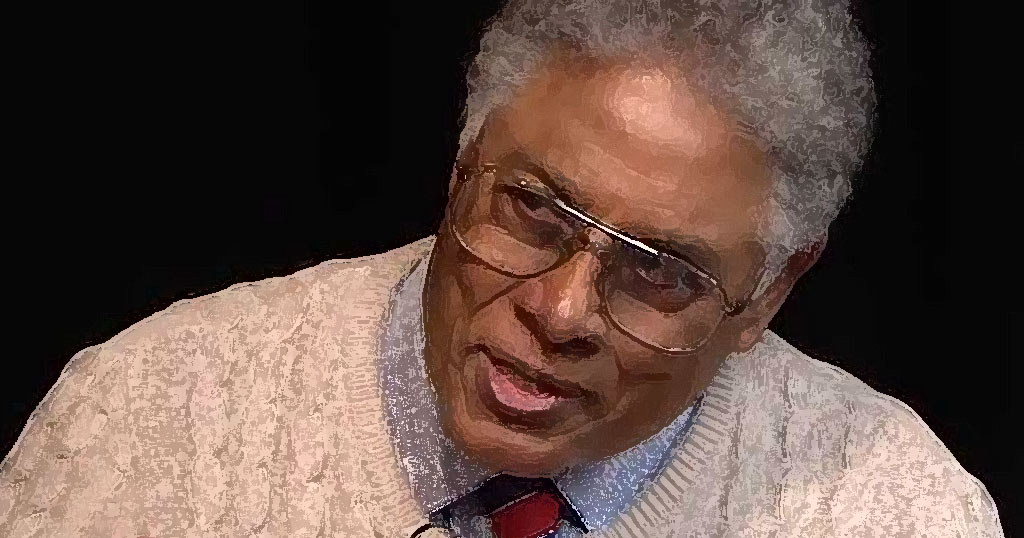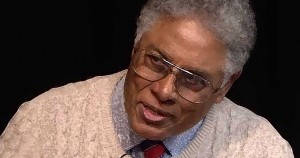Thomas Sowell, who retired from his syndicated column last week, may be the greatest public intellectual of our time.
Though he is “an original,” an iconoclast, his work is best seen as the carrying on of a tradition. Or two.
Consider his most famous research area: race. An African-American, Sowell is the age’s most persuasive dissident to the dominant strains of racial advocacy. He brought much common sense to a subject beset with unhinged passion.*
And yet even here he was obviously drawing on traditions that, if not well known, were firmly established.†
One of Sowell’s most important contributions, in books such as A Conflict of Visions and The Vision of the Anointed, is his distinction between two very different ways of looking at the social world:
- the “constrained vision” . . . . of most conservatives and classical liberals; and
- the “unconstrained vision” . . . of so many socialists, anarchists and progressives.
For many conservatives, this is Sowell at his best. But is it original? A few of my readers could probably lecture me on its origins in a famous essay by F. A. Hayek, “Individualism: True and False.”‡
Over at the Foundation for Economic Education, David R. Henderson addresses the one area where I tend to disagree with Sowell: foreign policy. Henderson gently calls out Sowell’s apparent credulity regarding the dishonesty of our war party leaders. Sure, Henderson writes, “[t]here are downsides to distrust. . . . But there are upsides too.”
Mourning the loss of trust in presidents, Sowell blames it on presidents lying to us in recent decades. But, as Henderson notes, “war presidents” lying to us about war is not new — providing examples.
Pity that Sowell, of all people, does not see the pattern here.
This is Common Sense. I’m Paul Jacob.
* See Sowell’s Ethnic America: A History, Race and Culture: A World View, and The Economics and Politics of Race: An International Perspective; but also popular argumentation, such as Pink and Brown People and Black Rednecks and White Liberals. And then there is the important Civil Rights: Rhetoric or Reality?
† Economists W. H. Hutt and Gary Becker, at the very least, provided the background for Sowell’s research with their respective books The Economics of the Colour Bar and The Economics of Discrimination.
‡ See F. A. Hayek, Individualism and Economic Order. In another essay, Hayek provides Sowell with the seed of Knowledge and Decisions.

